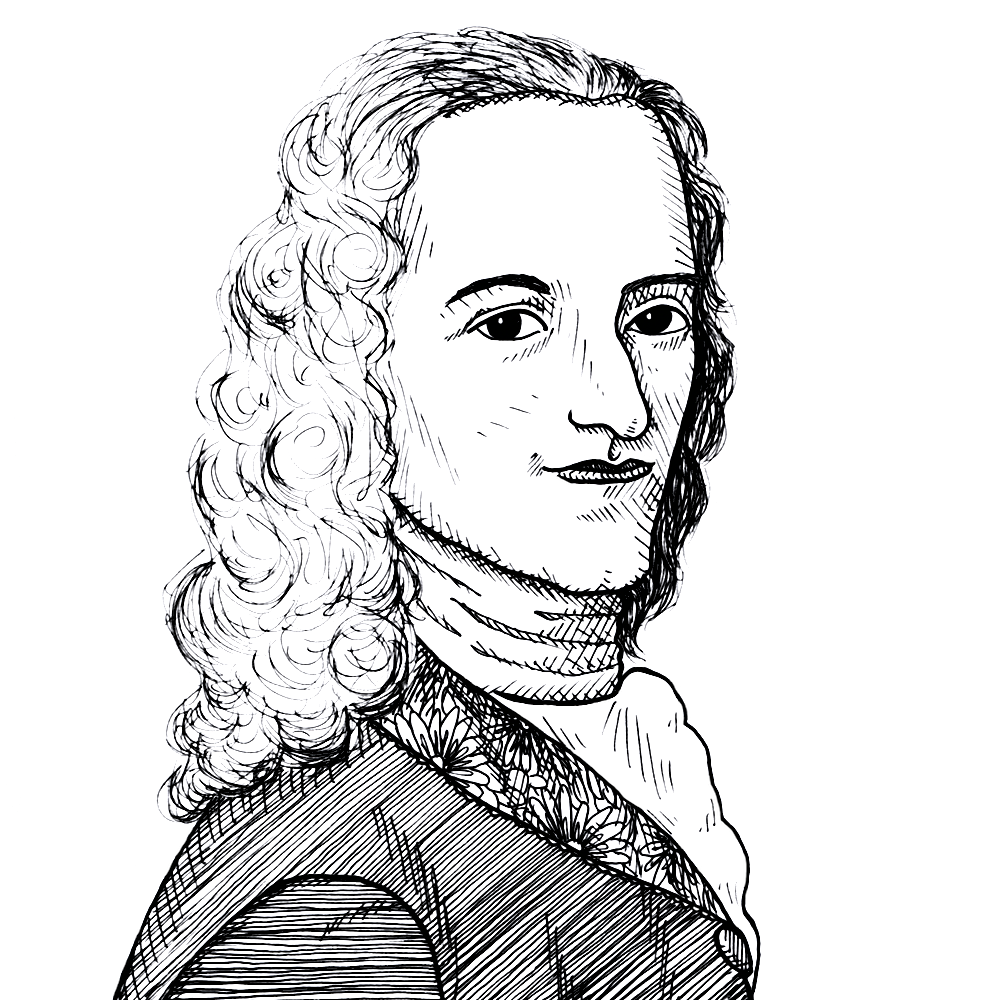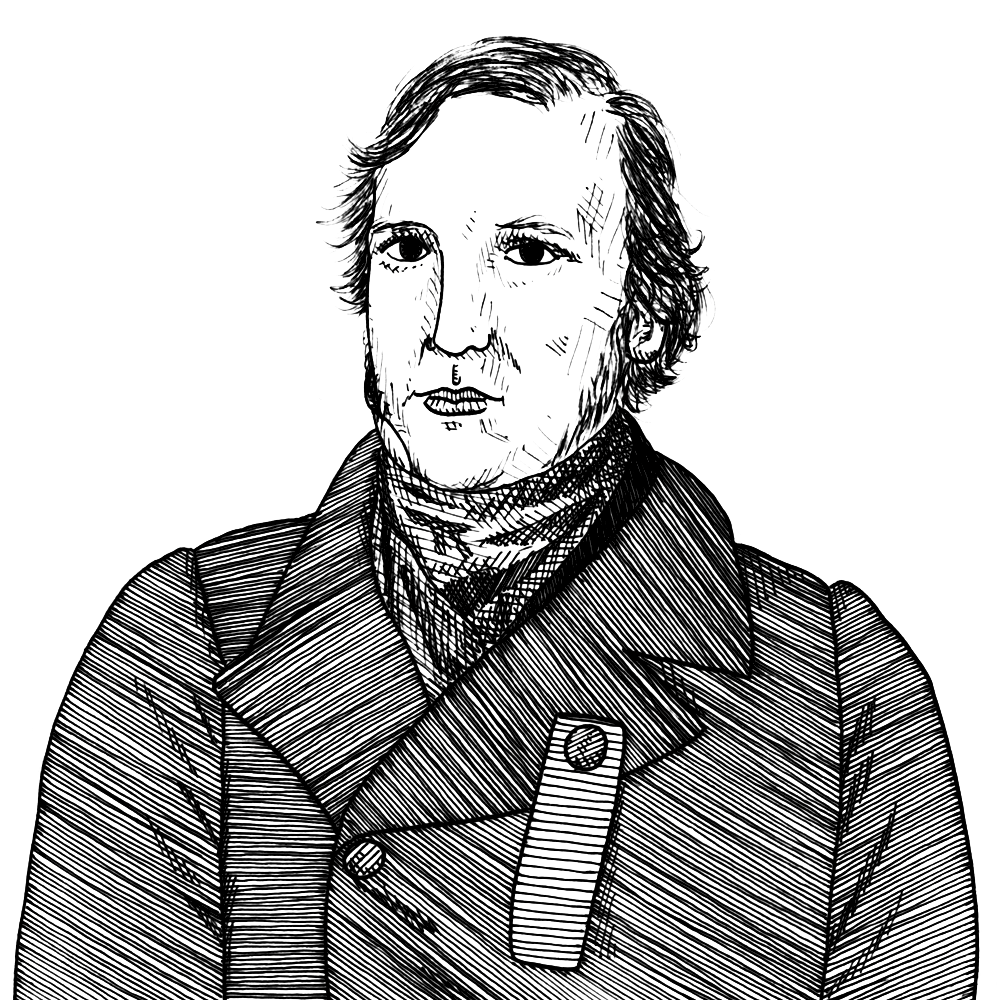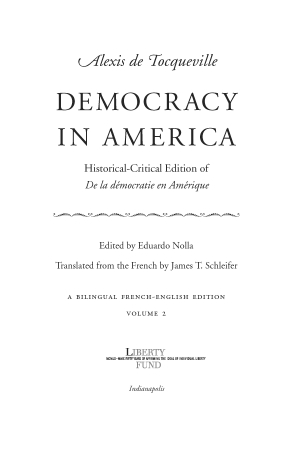
Part of: Democracy in America: Historical-Critical Edition, 4 vols. (LF ed. 2010) Democracy in America: Historical-Critical Edition, vol. 2
- Alexis de Tocqueville (author)
- James T. Schleifer (translator)
- Eduardo Nolla (editor)
A new 4 volume edition of Tocqueville’s classic text De la Démocratie en Amérique. The original was published in two large volumes, the first in 1835, the second in 1840. The first volume focused primarily on political society; the second, on civil society. The online version of Liberty Fund’s edition contains only the English translation of the French critical edition. Vol. 2 contains Part II.
Related People
Critical Responses
Journal Article
Liberty, Equality, and DemocracyEduardo Nolla
This title dives into Tocqueville’s political philosophy and social theories.
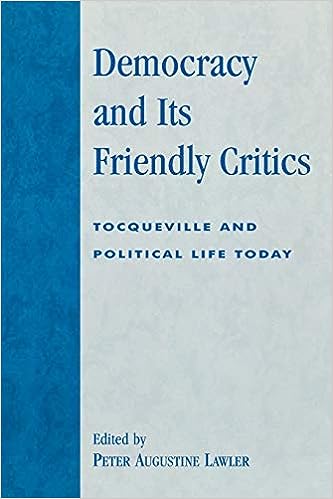
Book
Democracy and Its Friendly Critics: Tocqueville and Political Life TodayPeter Augstine Lawler, editor
As the title suggests, this compilation of essays examines Tocqueville and the political life of contemporary America.
Connected Readings
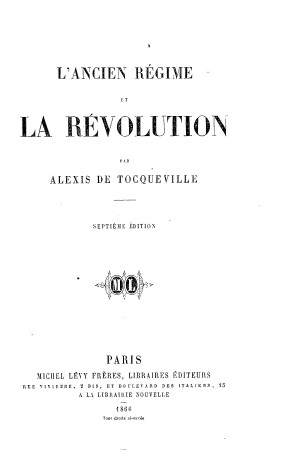
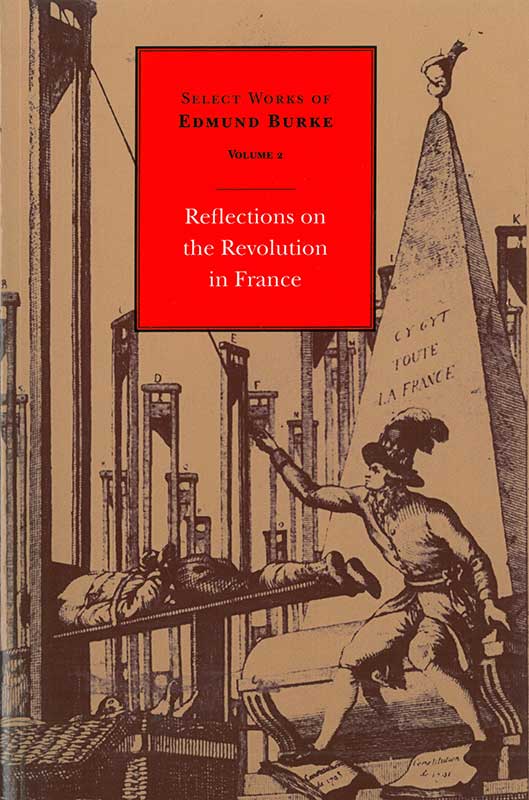
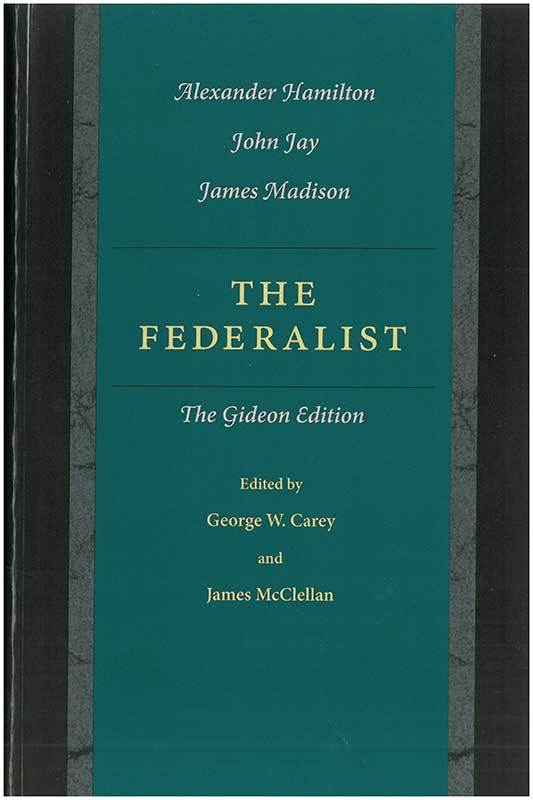
AdamSmithWorks Essay
Smith, Tocqueville, and Foucault on the Temptation of Enlightened DespotismEric Schilesser
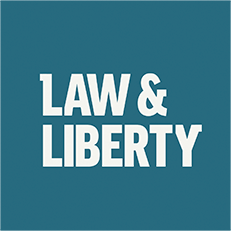

Book
Tocqueville’s Voyages: The Evolution of His Ideas and Their Journey Beyond His TimeChristine Dunn Henderson

